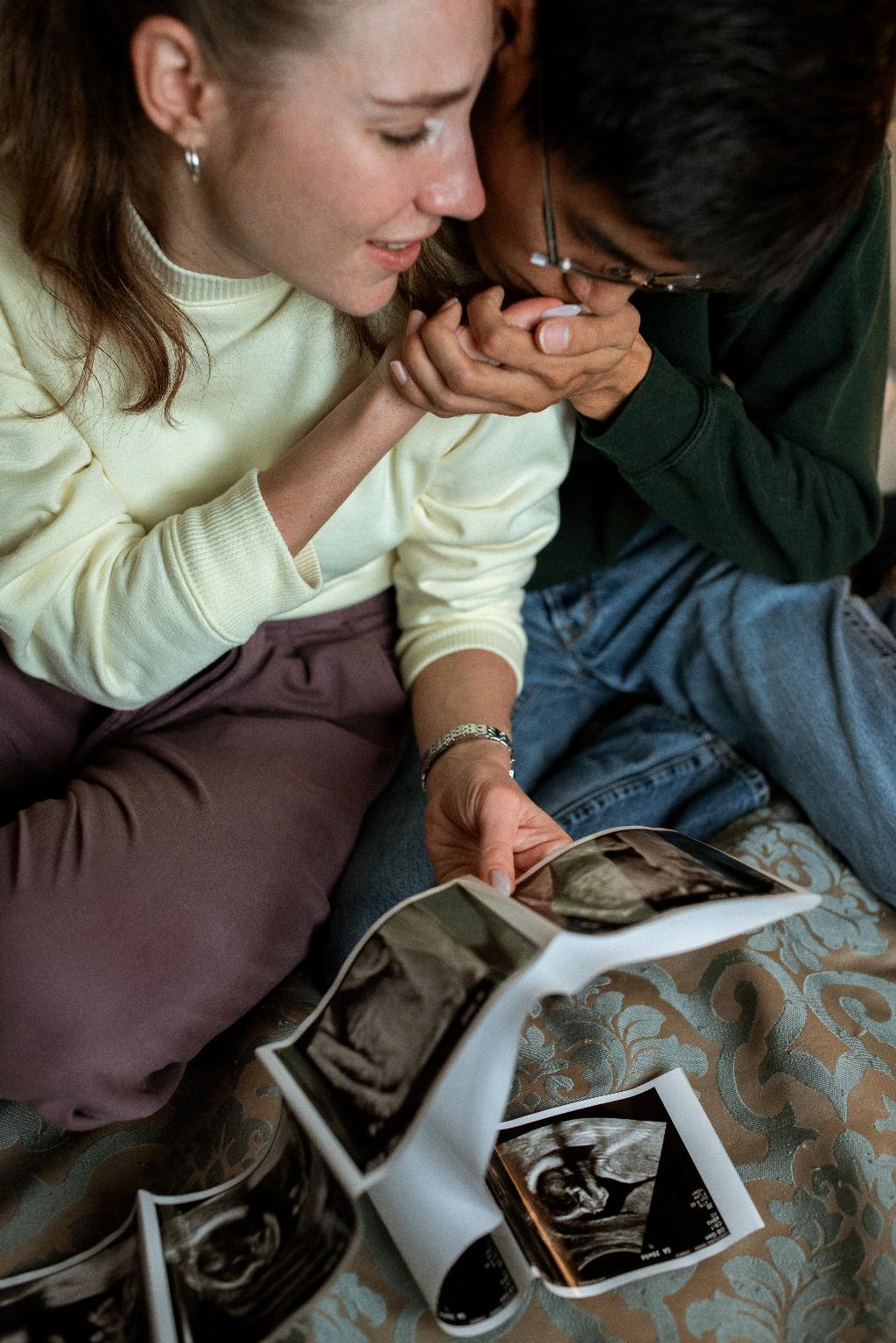When it comes to caffeine intake during pregnancy, the consensus among medical experts is clear: moderation is key. The American College of Obstetricians and Gynecologists (ACOG) recommends that pregnant women limit their caffeine consumption to less than 200 mg per day, which is roughly equivalent to about two, six-ounce cups of coffee.
Pregnant women metabolize caffeine at a slower rate than non-pregnant individuals, which means that caffeine stays in their system longer. This prolonged exposure to caffeine can potentially have adverse effects on both the mother and the developing fetus.
It is important for expectant mothers to be mindful of their caffeine intake not only from coffee but also from other sources such as tea, soda, energy drinks, and even certain medications. Caffeine can be found in various products, and it is crucial to keep track of cumulative consumption throughout the day.
Excessive caffeine consumption during pregnancy has been linked to an increased risk of miscarriage and low birth weight. Therefore, adhering to the recommended limit set by ACOG is vital for the health and well-being of both the mother and the baby.
It is worth noting that caffeine content can vary significantly among different types of coffee and other beverages. For example, espresso generally contains higher levels of caffeine compared to drip coffee, so pregnant women should be cautious when choosing their preferred caffeinated drinks.
Some studies have suggested a potential association between high caffeine intake during pregnancy and an elevated risk of preterm birth. While more research is needed to establish a definitive link, it is prudent for pregnant women to err on the side of caution and limit their caffeine intake to the recommended levels.
Individual tolerance to caffeine can also vary, with some pregnant women experiencing heightened sensitivity to its effects. As a result, even small amounts of caffeine may lead to symptoms like palpitations, restlessness, or difficulty sleeping. Monitoring individual reactions is crucial in determining the appropriate level of caffeine intake.
Despite the potential risks associated with excessive caffeine consumption during pregnancy, it is not necessary for expectant mothers to completely eliminate caffeine from their diet. Moderate consumption within the recommended guidelines is generally considered safe for most pregnant women.
For those who are unsure about their caffeine intake or have specific concerns about its effects on their pregnancy, consulting with a healthcare provider is always advisable. A healthcare professional can provide personalized guidance and address any questions or uncertainties related to caffeine consumption during pregnancy.
In conclusion, while the topic of caffeine intake during pregnancy may provoke varying opinions, the overarching recommendation from healthcare organizations like ACOG is clear: limit caffeine intake to less than 200 mg per day. By exercising caution and being mindful of one’s consumption, pregnant women can help safeguard their health and that of their developing baby.

